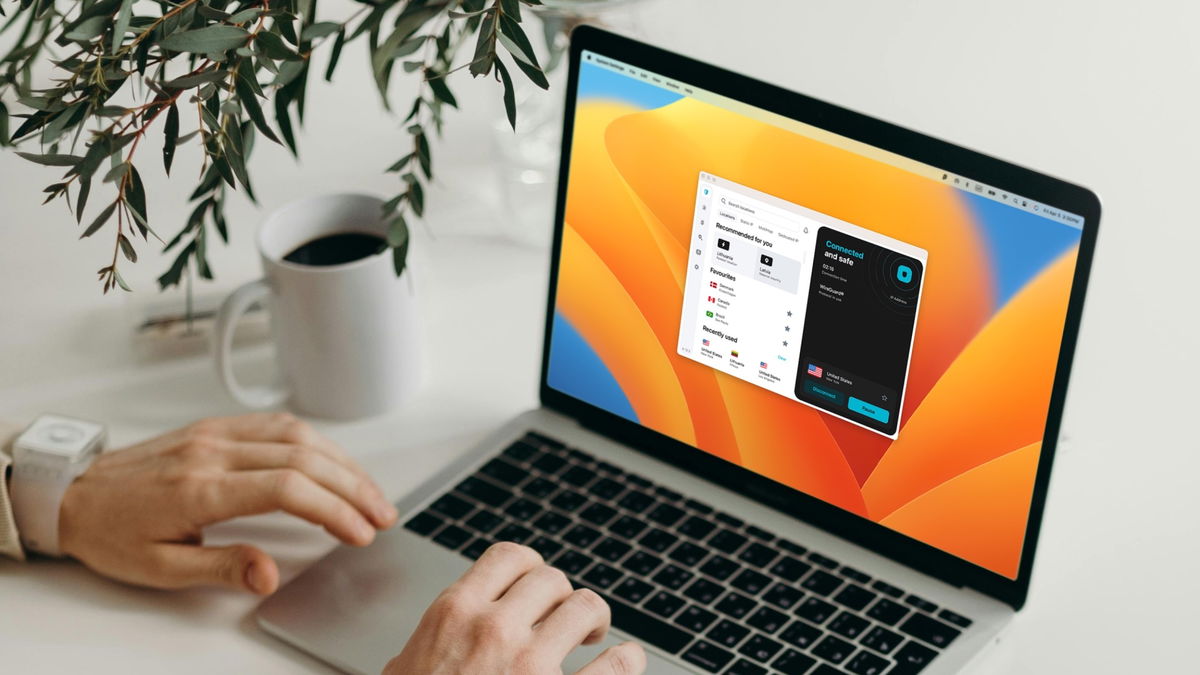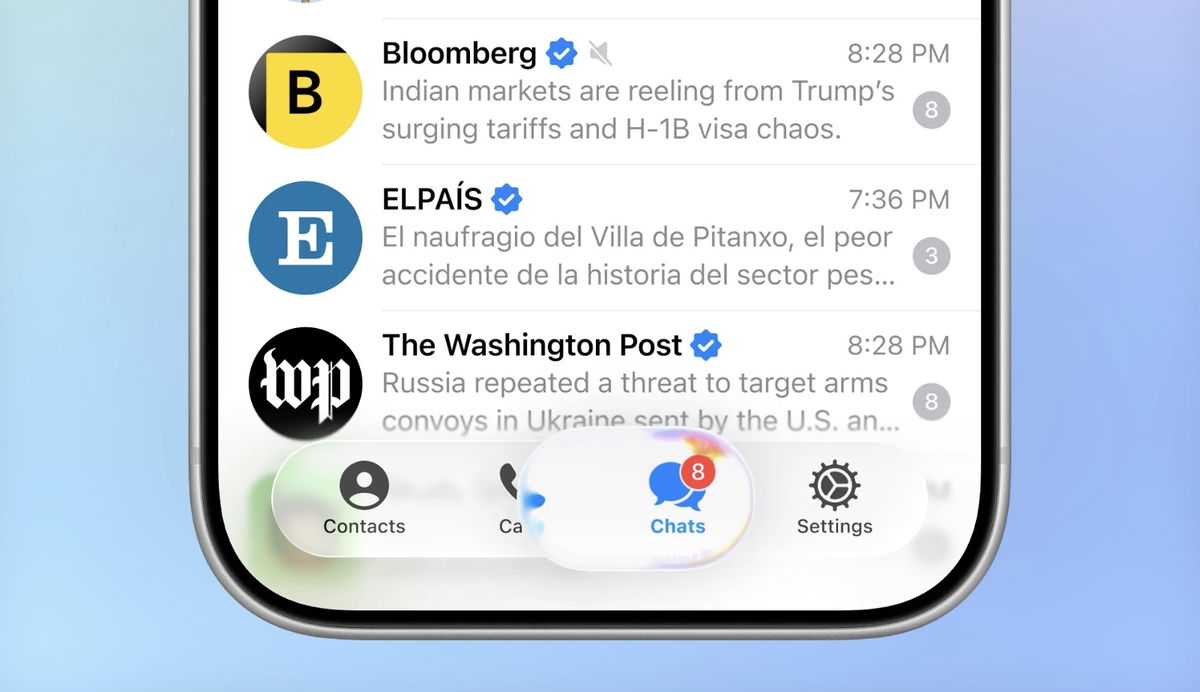Mobile phones impact learning math and other subjects, reduces the quality of education. This was the result of a survey of students worldwide at the Pisa Tests; where one in three admitted to being distracted in class by cell phones and social networks.
Freddy Vega, co-founder of Platzi, Latin America’s largest online education platform, highlighted this episode in which the OECD personally examined the negative effects of uncontrolled use of phones in schools. “Colombia has one of the highest rates of students reporting being distracted by digital devices for learning math.” He pointed.
(
“There is a direct correlation between the hours spent using the phone per day and the decline in mathematics learning. They measured this in the Pisa Tests. Vega said we should ban phones in the classroom.
The global results of the Pisa Tests represent the biggest decline in mathematics, reading comprehension and science since 2000. In the opinion of experts, when this measurement begins, this disastrous outcome is largely due to the impact of excessive and uncontrolled use of digital devices in the classroom.
The United Nations Educational, Scientific and Cultural Organization (UNESCO) declared in July this year that: Technology is essential to democratize and enhance education as a support tool in the classroom, but Mobile phones in the hands of children and young people are distracting and should be banned. “combatting poor academic performance and emotional instability” in educational centers.
(You may be interested in: Life with the technology we deserve)
The Pisa Tests showed that countries that already had controls on phone use in the classroom achieved better results in the 2022 tests.
In countries such as Chile, measures have already begun to be taken in this regard and the use of mobile phones in schools at an early age is banned. Meanwhile, In Colombia, a decision by the Constitutional Court establishes that each school has the authority to define its own internal coexistence guidelines by law. and there are regulations on how to restrict phone use in the classroom, but banning them is not expressly permitted.
The United States, the United Kingdom, the Netherlands, South Korea, and others already have clear policies that allow restricting phone use in classroom spaces: “Schools must become mobile phone-free socializing spaces. The future of those who will work in science, artificial intelligence and other tasks is at risk,” says Platzi’s Freddy Vega.
(
Schools and parents should agree on policies regarding cell phone use by minors:
– Restriction in the classroom. The law in Colombia allows restricting but not prohibiting phone use in classrooms. Through manual coexistence, it is possible for schools and universities to create programs and spaces for limited phone use.
– Restriction at home. As equipment and connectivity providers, parents should include responsibilities and restrictions for their children when giving them a mobile phone as part of the agreement.
– Parental Control. Both iPhone and Android allow you to monitor your kids’ mobile phone usage for hours, banned apps, etc. It has functions to control and restrict with. On Android, this is done with the Family Link app.
JOSÉ CARLOS GARCÍA R.
Multimedia Editor
@JoseCarlosTecno on networks
Source: Exame













